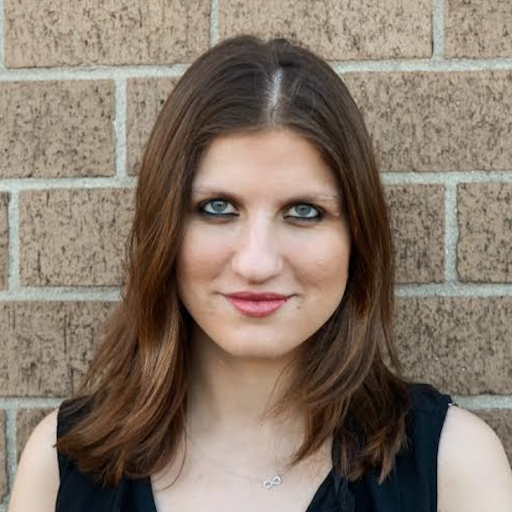“It’s never the survivor’s fault. I didn’t cause this and I didn’t ask for it. I’m not asking for much, I just want people to understand that what happened was real.”
Georgeta Rae is a musician, activist, and community leader. She experienced sexual assault during her first year of college. A few hours after the assault, Georgeta had a sexual assault forensic exam.
“I was so shaken, I couldn’t look anyone in the eye,” she explains. “Even under the best of circumstances, getting a rape kit isn’t comfortable or pleasant. But my experience with it was overall positive, in large part because of an incredible volunteer who sat with me in the hospital and stayed throughout the whole process.”
The sexual assault nurse examiner (SANE) walked her through every step of the process, told her what she was doing before she did it, and let her know she could refuse any part of the exam. A sexual assault victim advocate supported her throughout the process and distracted her from what was happening at crucial moments.
“It can be helpful to have the forensic evidence later on if you decide to report. If it’s something you think you can go through during this difficult moment, I would encourage you to do so.”

Georgeta did not report the assault to law enforcement because of a previous experience in which she was not taken seriously or treated in a trauma-informed way when reporting. When she went to campus safety, the officer she spoke with actively discouraged her from reporting to law enforcement.
The officer appeared to listen to her story and take in the details. Georgeta was connected with a school counselor and got a no contact order. The perpetrator violated the order three times, for which he only received gentle reminders from the equity office.
A year after the assault, Georgeta was doing research as part of a course and accessed the campus police file from her initial report. She found it blank—the officer hadn’t taken down any details of her story. She then had to re-report the details of the assault a year after it happened.
“I was so mad, I was shaking.”
At that point, Georgeta hadn’t wanted to talk about what happened to her. “At first speaking out felt scary. I didn’t know how my family or partner at the time would feel. I didn’t know what response I would get.”
There was a protest on her campus against the administration’s handling of sexual assault cases. She didn’t intend to get too involved, but felt she had to when she saw the person who sexually assaulted her at the protest.
“It lit a fire under me. It made me angry in a good way.”
By the end of the day, she was one of the protest marshals who helped protect and lead the assembled students. “That’s when I knew that I had to speak. If I didn’t, this would keep happening to other students.”
She started speaking at events on campus and working with the college president on the issue. Georgeta has become an outspoken advocate for improving sexual assault prevention and response efforts on her campus. As her visibility as an advocate has increased, more and more students have asked her to be their advisor for campus sexual assault cases they’re hoping to report or get support for.
“I essentially spent my senior year working on this. I do it because I wish there had been someone to do this for me when I needed it.”
Even after graduating, Georgeta has continued to get phone calls and messages on her social media accounts asking for her help. She’s continued to help anyone who needs her support.
Georgeta has worked with the media while sharing her story and has some words of advice for survivors on navigating these relationships. “Just because the media is reaching out to you doesn’t mean you have to tell them everything. Only tell them what you feel comfortable sharing. Make it about YOUR message and what you want people to know. If you stick to your truth, it doesn’t matter what other people think. You owe your story to no one.”
Her advice to the media? “There’s a thin line between getting your questions answered for a story and badgering someone. Wording is everything. Making sure a survivor knows that they don’t have to answer your questions or share details they’re uncomfortable with is key.”